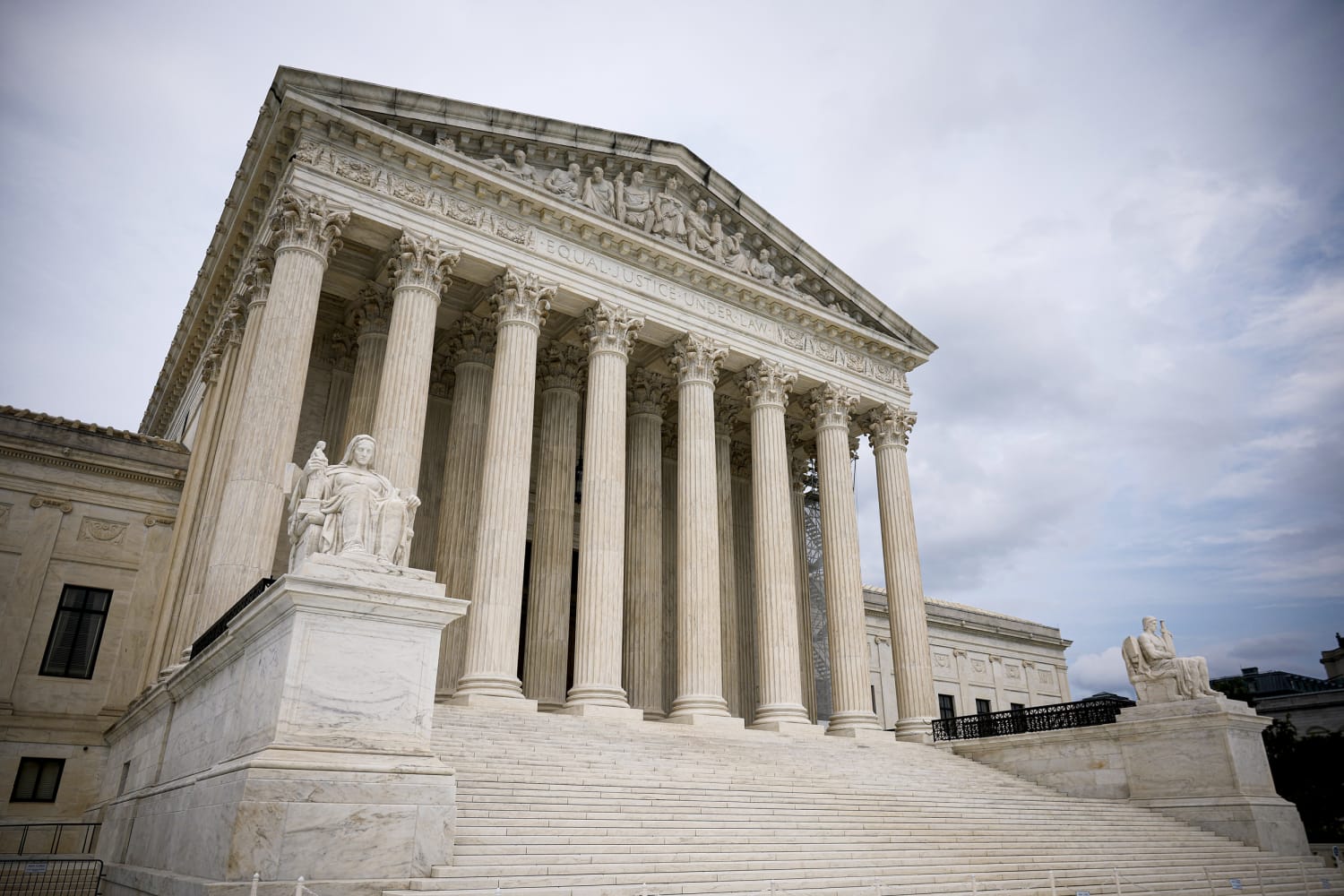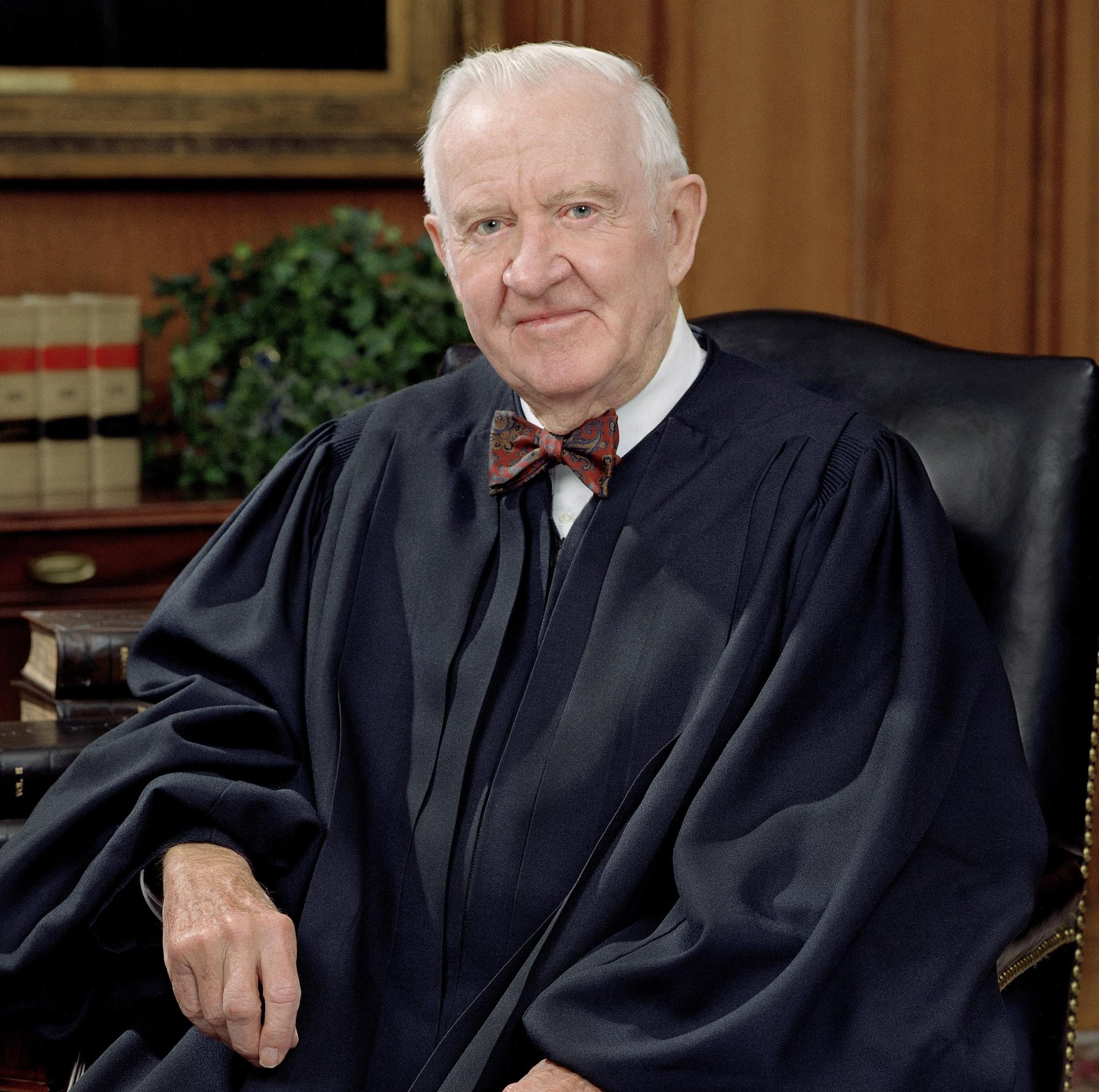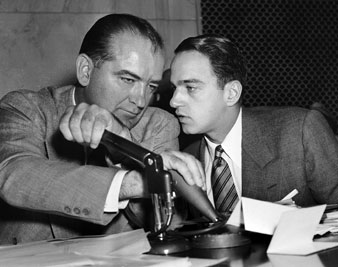Region: National
Political Extinction Risk
Species may be vulnerable not just to changes in climate or habitat, but also to changes in politics
Conservation biologists have long studied many different kinds of risks to endangered species: Risks from climate change, or from habitat fragmentation, or from having small populations for extended periods of time. But there is another key component of risk that has not been analyzed yet, but may matter as much or more to many endangered …
Continue reading “Political Extinction Risk”
CONTINUE READINGThe Tariff Decision and the Major Questions Doctrine
The scope of the doctrine is even more confused now than before.
The tariff decision is good news in terms of checking arbitrary presidential actions, but the opinions fell short in one important area. An important argument against the tariffs was based on the Major Questions Doctrine (or MQD). That doctrine applies whan a government action has “vast political and economic significance.” If the government claims that Congress gave it the power to take such an action, it must point to clear statutory language. The doctrine is controversial in part because no one is quite clear on its basis or when it applies. The tariff decision only made that worse. The Justices took many different positions on the doctrine, deepening the confusion.
CONTINUE READINGThe Most NIMBY Man In The World
As ICE moves to warehouse tens of thousands of immigrants, can locals fight back?
Good piece in the Grey Lady on Wednesday about Trump voters suddenly deciding that some of his policies aren’t so great after all. ICE is trying to build huge detention facilities in order to drag legal immigrants off the streets — specifically, those who are waiting for asylum decisions and those waiting to receive their …
Continue reading “The Most NIMBY Man In The World”
CONTINUE READINGThe Overlooked Precedent Supporting EPA Regulation of Greenhouse Gases
Even Roberts and Scalia agreed that Mass. v. EPA is the law
An important precedent has been overlooked in the coverage of the Trump EPA’s repeal of the 2009 Endangerment Finding. The 2009 finding relied was based on , in which the Court had held that the Clean Air Act covers air pollution and directed EPA to determine whether greenhouse gases are harmful. One reason to worry about the litigation is that the conservatives Justices all dissented from Massachusetts v. EPA over the repeal. But there’s another equally important precedent: American Electric Power v. Connecticut (AEP). That ruling was joined by Chief Justice Roberts and Justice Scalia, so it may carry more weight.
CONTINUE READINGCan the Endangerment Finding be Repealed? Not While MASS. v. EPA Still Lives.
On any fair reading of Justice Stevens’s opinion, the Endangerment Finding is valid.
EPA claims that its justifications for repealing the Endangerment Finding are consistent with the ruling in Mass. v. EPA. That’s just not true.
CONTINUE READINGThe Affirmative Case for Finding Endangerment
Despite hairsplitting by the current EPA, finding endangerment is a no-brainer.
or EPA to decide that vehicle greenhouse gas (GHG) emissions aren’t harmful is iike NASA deciding that the earth isn’t round after all. Over the next year or two, lawyers will be picking over EPA’s detailed legal arguments. Let’s not get mired in the weeds. It’s crazy that this issue is even being raised.
In 2007, the Supreme Court told EPA to do two things: (1) consider whether GHGs endanger human health and welfare, and (2) if the answer is yes, regulate vehicle emissions of GHGs. That’s exactly what EPA did. Nothing has changed in the meantime.
In the Cross Hairs
The Right has taken umbrage at some of the important work of environmental law professors and centers.
The fossil fuel industry and its conservative allies seem to have taken notice of the important work done by environmental law centers. Their response is to try to repress this valuable work. This is a backhanded acknowledgement that law schools are making a difference.This campaign has targeted some of the law schools with the most prominent environmental law programs. Climate scientists have long been the target of harassment and public attack. It appears that people who work on climate policy are now also in the crosshairs. What we’re seeing lacks the drama of other attacks on free speech and academic freedom. But it is capable of being no less harmful. McCarthyism writ small is still McCarthyism.
CONTINUE READINGHow to Create Permit Certainty?
What might be a good path forward for the FREEDOM Act?
This is the third post in a series looking at the most recent proposed legislation for permit certainty, the FREEDOM Act. Part one, discussing why Congress is considering permit certainty and its importance, is here. Part two, analyzing the strengths and weaknesses of the bill, is here. The good parts of the bill – making …
Continue reading “How to Create Permit Certainty?”
CONTINUE READINGAnalyzing the FREEDOM Act
Permit certainty bill has beneficial judicial review provisions, but problematic provisions for damages and compensation.
This is the second post in a series on the FREEDOM Act, a bill in the House of Representatives to address the issue of permit certainty. Part one, explaining why permit certainty is now a hot topic in Congress, is here. All of the reforms in the FREEDOM Act turn on the creation of a …
Continue reading “Analyzing the FREEDOM Act”
CONTINUE READINGThe FREEDOM Act and Permit Certainty
Permit certainty bill has potential, but also some problems that could make it unworkable
As one advocate for permitting reform aptly noted, “permit certainty” is now a prerequisite for any action on permitting reform in this Congress. That’s because the Trump Administration’s war on renewable energy means that Democrats have no desire to do a deal that would not, in practice, make a difference for investment in new clean …
Continue reading “The FREEDOM Act and Permit Certainty”
CONTINUE READING








